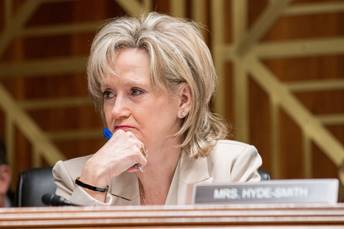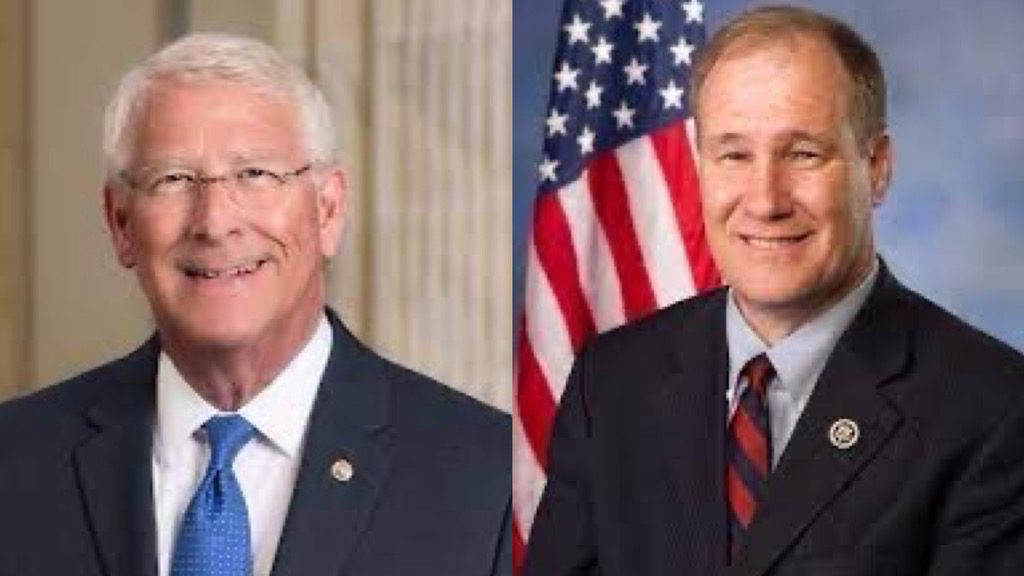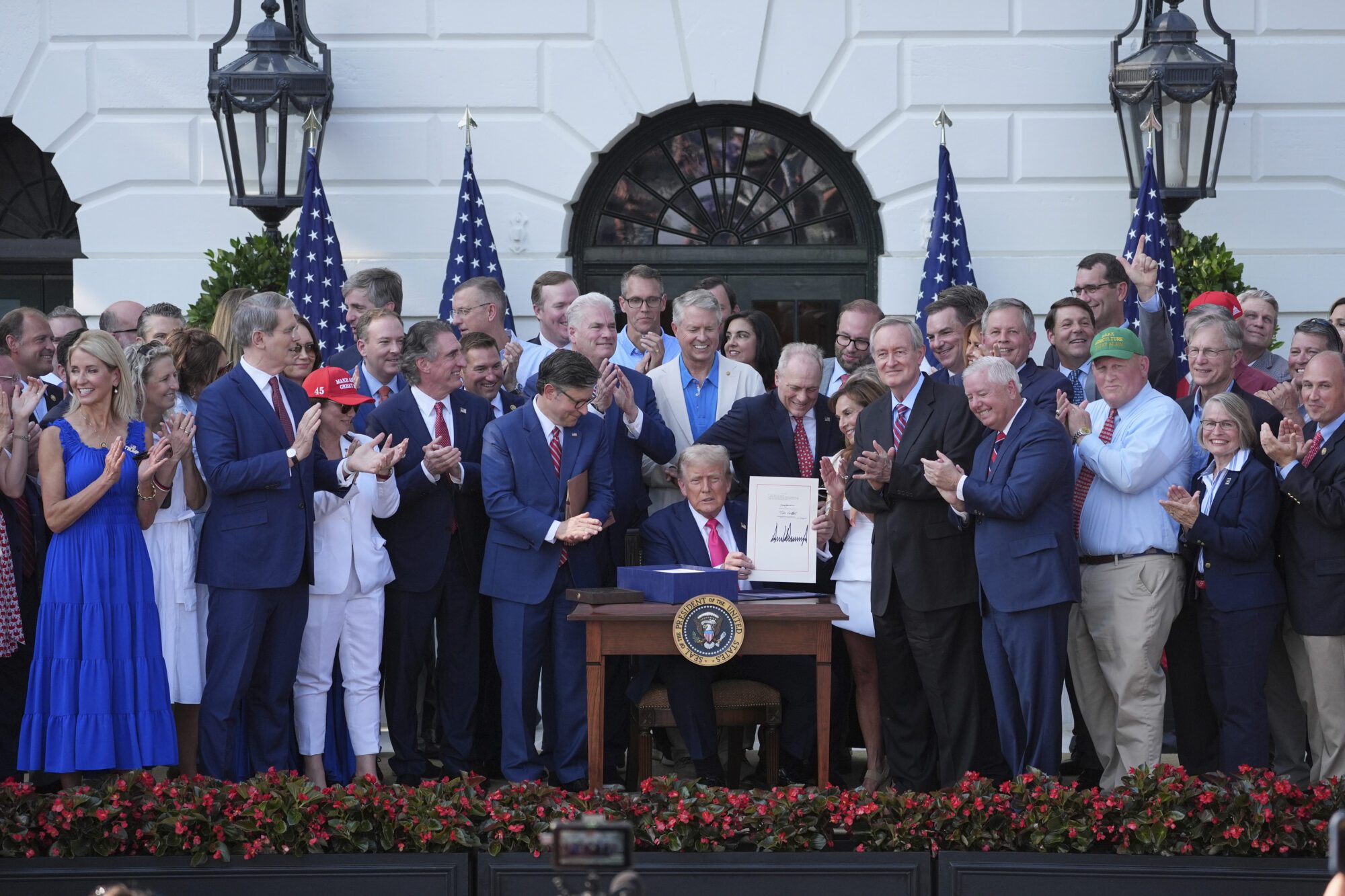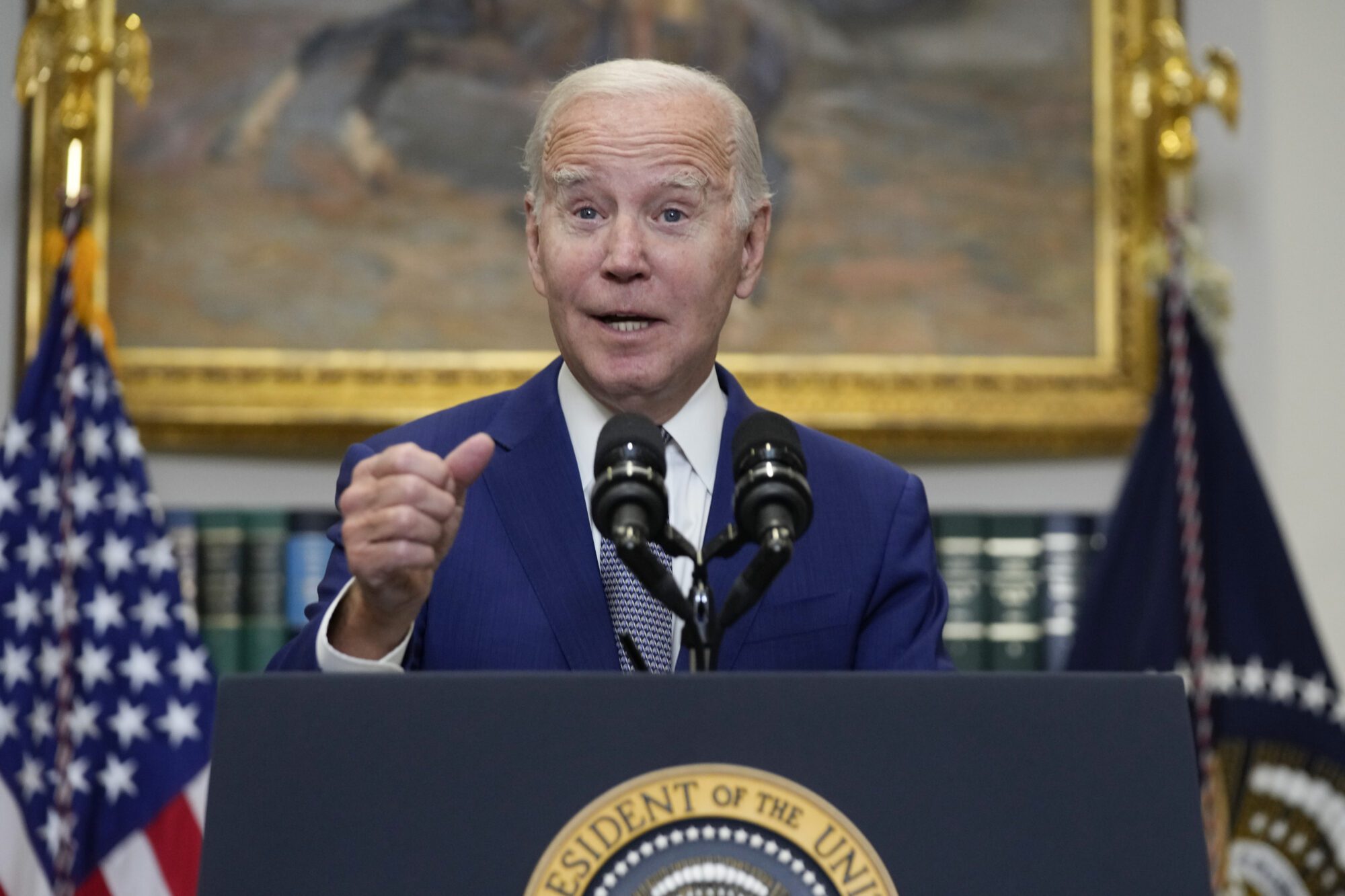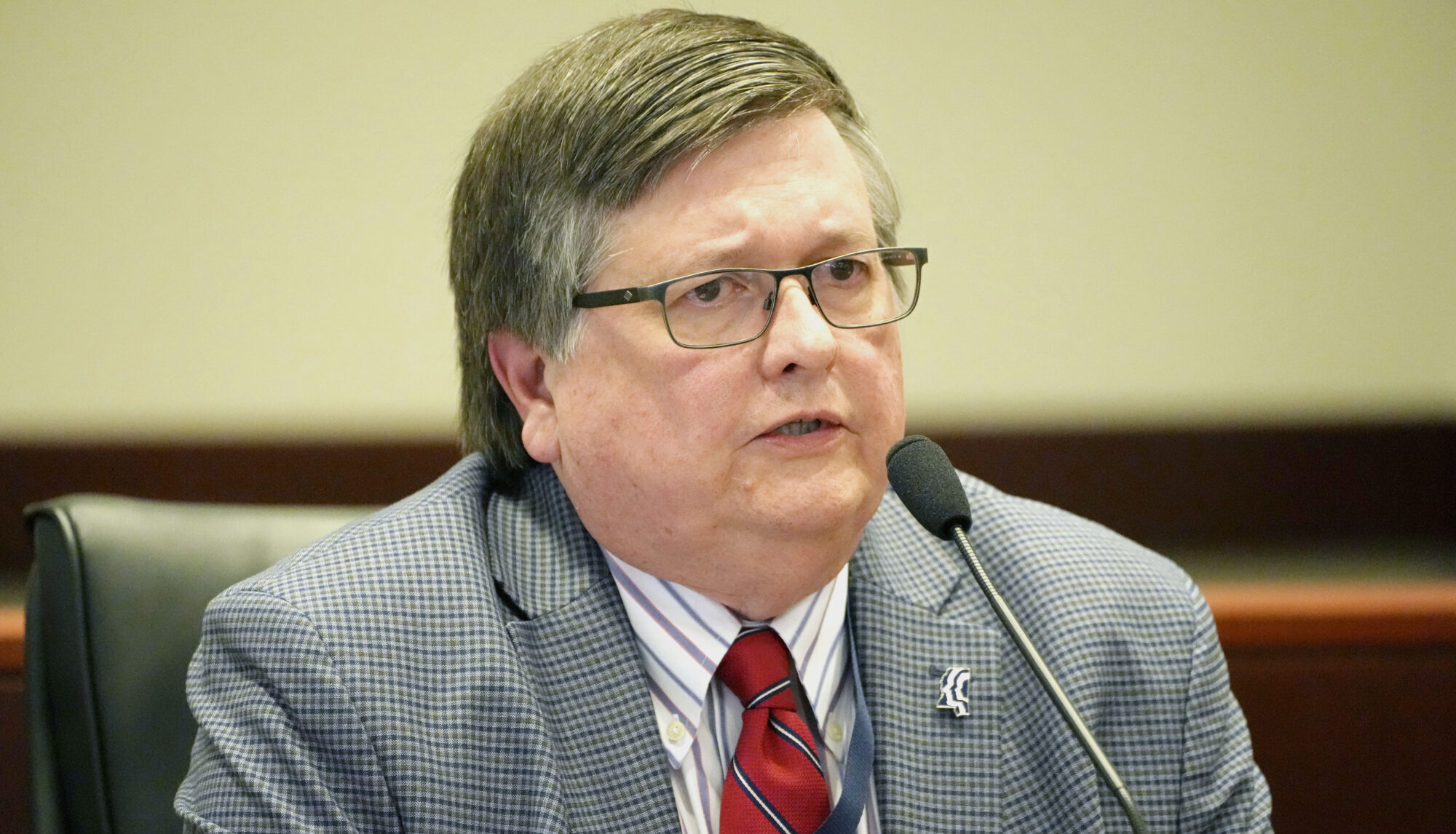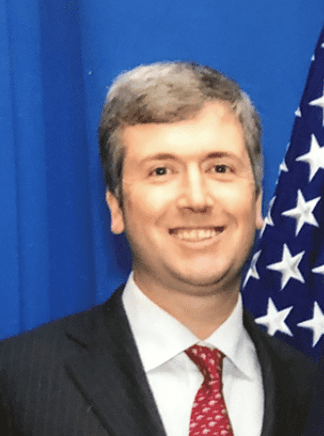
Treasurer David McRae
By: Treasurer David McRae
How prepared are you for the unexpected? Let’s face it: Life happens. You lose your job. There’s an unexpected medical bill or an unplanned home repair. Do you have enough money to cover those things if they happened tomorrow? For many, the answer is no.
Most banks and financial gurus advise having an emergency fund that can cover three months of necessary expenses. But according to a new report from Bankrate.com, most Americans aren’t there yet – and one in four have no savings at all.
It’s no surprise then that when the pandemic hit and 20 million Americans lost their jobs, many were left without much of a personal financial safety net. And despite billions of taxpayer dollars being spent on federal stimulus payments, few Americans have been able to move the needle on their savings over the last year.
There are any number of reasons why this is the case, which we don’t need to delve into or debate in this article. Instead, I wanted to provide a few resources for those who are interested in creating a personal safety net.
First, I invite you to visit Treasury.MS.gov/
Once you’ve calculated your target emergency fund amount, the question becomes: How much do I need to put away each month to reach my goal? We have a tool for that as well! Just click on the “Rework Your Budget” button at Treasury.MS.gov/
Finally, understand how and when you plan to use your emergency fund. Some recommend setting up a separate bank account that can’t be accessed using your regular debit card. This will help make sure regular household spending doesn’t creep into your savings. Another idea is to create a list of expenses for which you’re OK using this account. Doing so will help protect you from “borrowing” from your emergency fund to pay for a vacation or other expenses.
No one can predict the future. We don’t know when we’re about to lose our job. We don’t know when a tire is going to blow on the car or our child is going to break their arm. Creating an emergency fund now will help make sure you’re prepared when the unexpected occurs.
Mississippi Treasurer David McRae is the 55th Treasurer for the State of Mississippi. In this role, he helps manage the state’s cash flow, oversees College Savings Mississippi, and has returned more than $30 million in unclaimed money to Mississippians. For more information, visit Treasury.MS.gov.
About the Author(s)
Magnolia Tribune
This article was produced by Magnolia Tribune staff.
More Like This
More From This Author
Previous Story
Next Story

